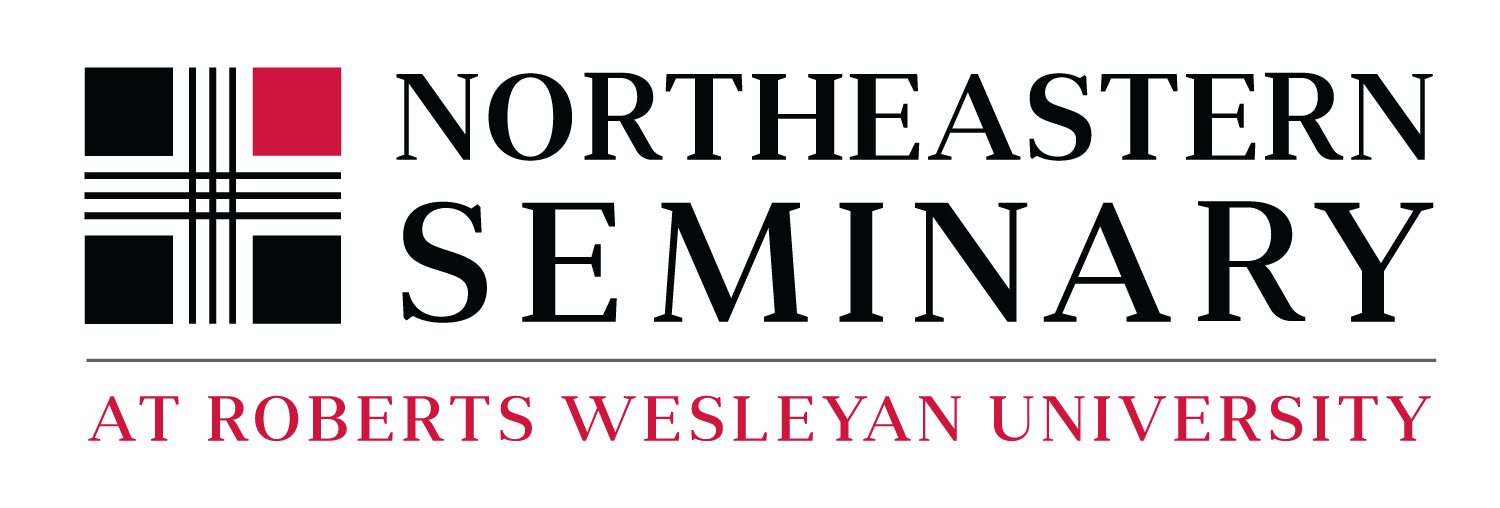Join Dr. David Carr and the Northeastern Community for a 4 week mini class starting April 1, 2024 that will give you knowledge and practical skills to be a peacemaker in this divided world!
It’s now 2024, but things seem eerily similar to 2020. The pandemic persists—though with less media attention—and it’s another presidential election year with familiar candidates. The U.S. continues not only to be fractured, but historically polarized. Sadly, the church in the US seems to mirror our larger society’s divisions and the ideological entrenchment that maintains them. To complicate things further, the church’s divisions are inescapably theological in nature, which raises the stakes of what we’re experiencing.
Similarly, the way forward for the contemporary church and its divisions is not another argument on social media.
The apostle Paul faced a somewhat similar situation when he wrote 1 Corinthians. That community was quarreling and divided in their allegiances, whether to Paul, Apollos, Cephas, or to Christ (1:10–12; 3: 1–4). Those divisions manifest not only in disagreements but also in a host of wrongs, harms and injustices in their practices and gatherings (chs. 5–14). In response, Paul begins not with pragmatic instructions but with theological reflection: he points away from the “wisdom of this world” (3:19 NRSV) and toward God who dispenses God’s wisdom by means of the Spirit (1:18–25; 2:6–16). If the Corinthians are to overcome their dissention, the way forward, writes Paul, is not with continued argumentation or reluctant acceptance of division. Rather, as he unpacks throughout the epistle, the Corinthians should learn from the Spirit they’ve received (2:12) and embody the “mind of Christ” (2:16) by lived out, as a community, with an ethic that regards the other and works for the flourishing of the most vulnerable and marginalized (chs. 8–14).
Similarly, the way forward for the contemporary church and its divisions is not another argument on social media. Solutions are, moreover, not to be found in superficial forms of unity, where we all simply agree to disagree. Not only would such “unity” be artificial, it could maintain environments in which harms continue without being addressed as they should. We can all probably think of examples of churches that have permitted abuses to continue for the sake of maintaining the illusion of harmony. I certainly don’t have the answers for the problems of our age, but I’ve seen enough to know “that ain’t it,” as my kids would say.
My prayer for 2024 is that Northeastern Seminary—staff, faculty, students, and community—would commit ourselves to just that task, namely, that of seeking God’s wisdom while being transformed by God.
But I think Paul points us in a helpful direction. The answer lies in discovering and embodying godly wisdom. The path to wholeness and healing for the wounded body of Christ begins with its members being “transformed by the renewing of [our] minds” as Paul writes to the Romans. Such will, according to Paul, give us the capacity of discerning “what is the will of God—what is good and acceptable and perfect” (Rom 12:2 NRSV).
My prayer for 2024 is that Northeastern Seminary—staff, faculty, and students—would commit ourselves to just that task, namely, that of seeking God’s wisdom while being transformed by God. Such is the essence of theological education, at its best. That kind of education is hard work, and it’s risky. When we allow ourselves to have our minds changed, we risk changing our understandings of God, our identities, and our and our relationships with others. Yet, given our current ecclesial and socio-political environments, that work is important and urgently-needed. My hope, therefore, is that we all will give ourselves to difficult readings, to hard conversations, and to an openness for God’s spirit to transform us in ways that may even make us uncomfortable. In so doing, we have the opportunity to live as an alternative, sacred space within our larger world, and to bear witness to the goodness of what can happen when humility, dialogue, and transformative learning are practiced. And, God willing, we can go forth to help others in the church do the same.
Beginning April 1
A free 4-week mini class led by Dr. David Carr


About the author
David Carr, PhD
David Carr is a New Testament scholar who teaches and researches in biblical studies and related fields. His interests are in selfhood, identity, moral agency, and disability in the New Testament and its ancient milieu. He is also interested in how insights into these topics inform contemporary discourse and practice.